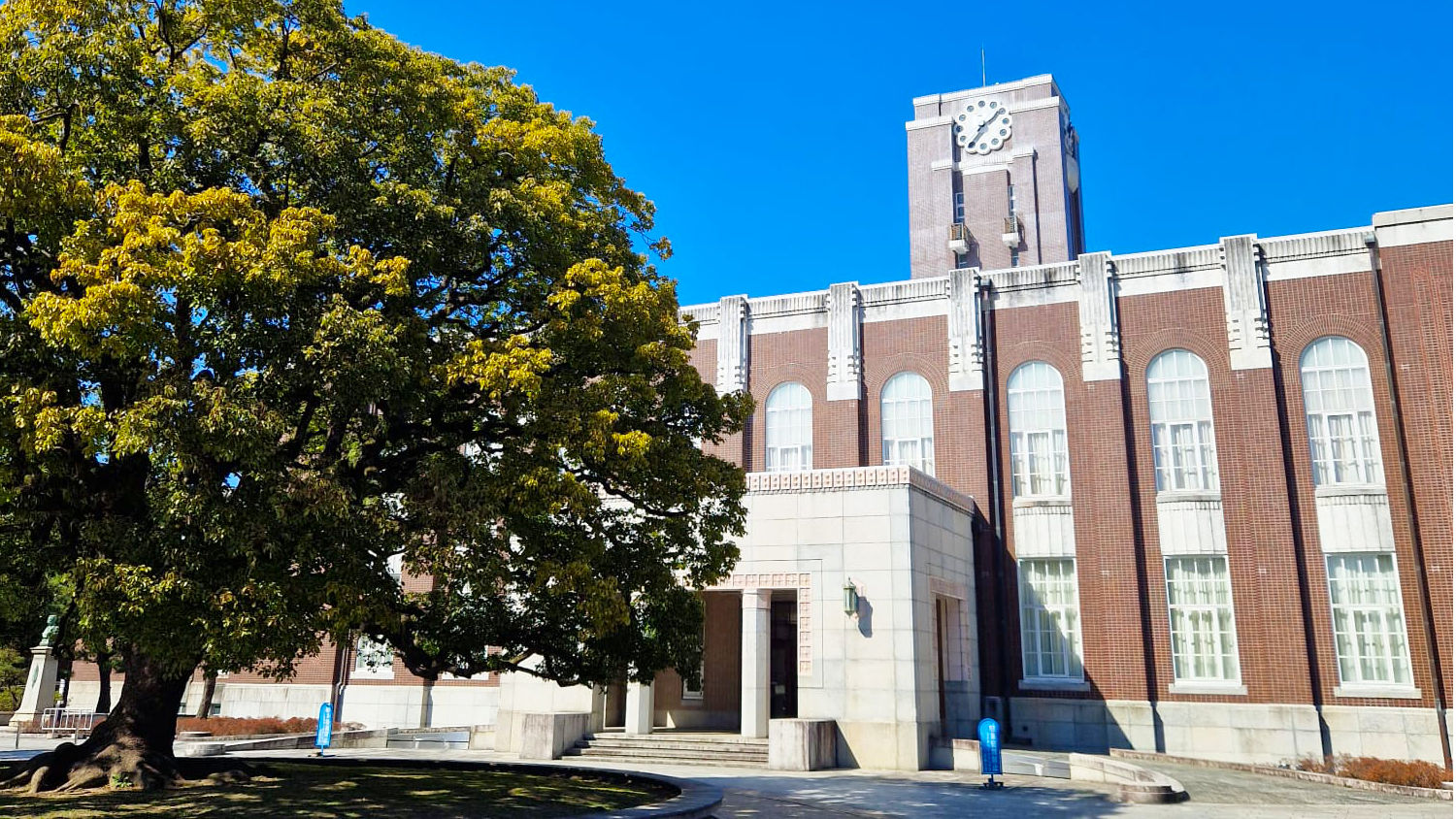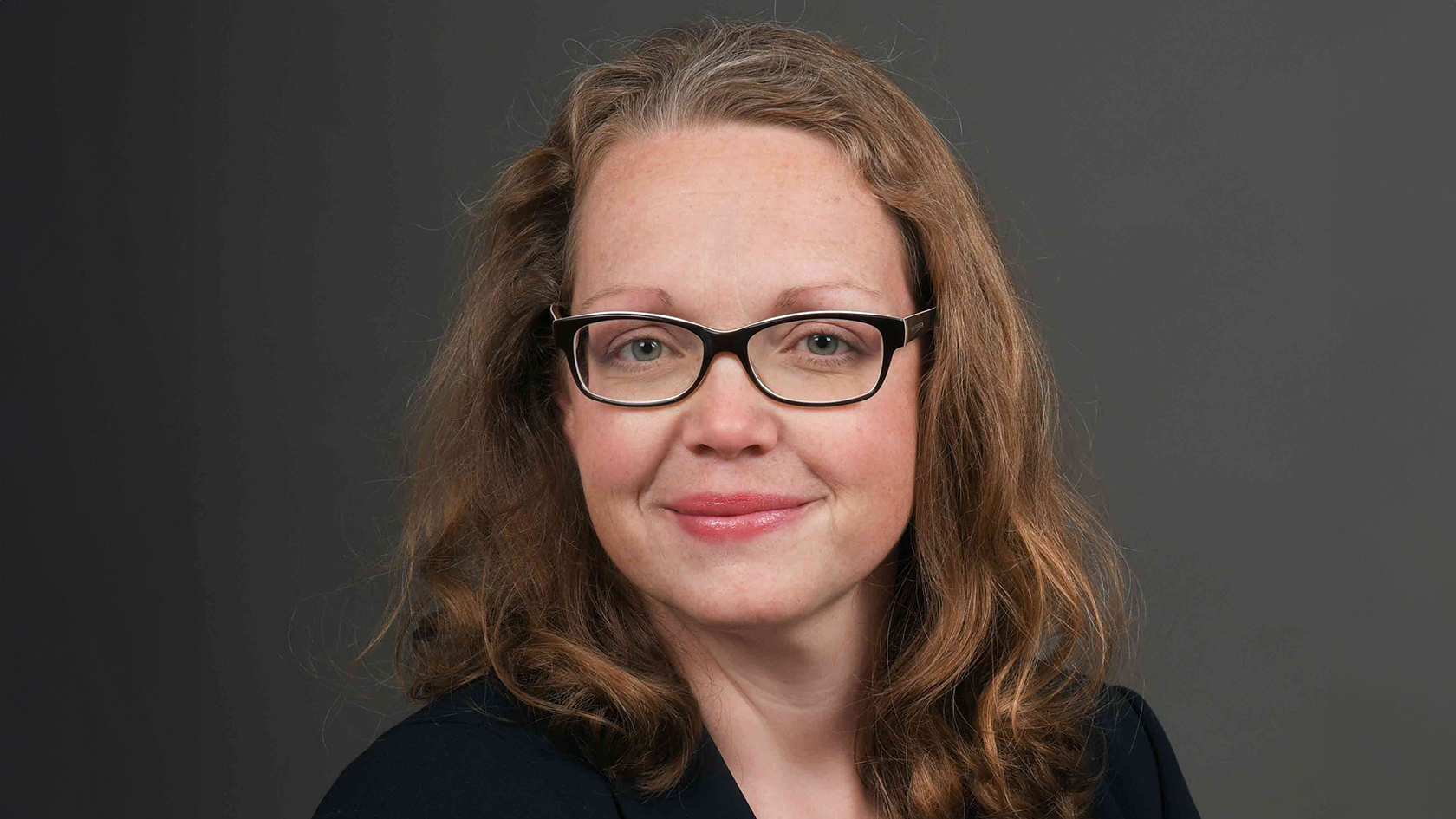UZH at Expo 2025 Osaka: How Stem Cells and Next-Gen Medicine Could Transform Your Health
The University of Zurich (UZH) is contributing to the global dialogue on next-generation medicine at this year’s Expo in Osaka, Japan. In collaboration with Kyoto University’s Center for iPS Cell Research and Application (CiRA), Wyss Zurich, and the CiRA Foundation, UZH co-hosted the Science Café ,“Creating a Healthier You with iPS Cells and Next-Gen Medicine”, on 21 and 22 June 2025 in Osaka. The two-day event brought together leading researchers from Switzerland and Japan to explore how international collaboration in stem cell research is accelerating medical innovation and improving global health.
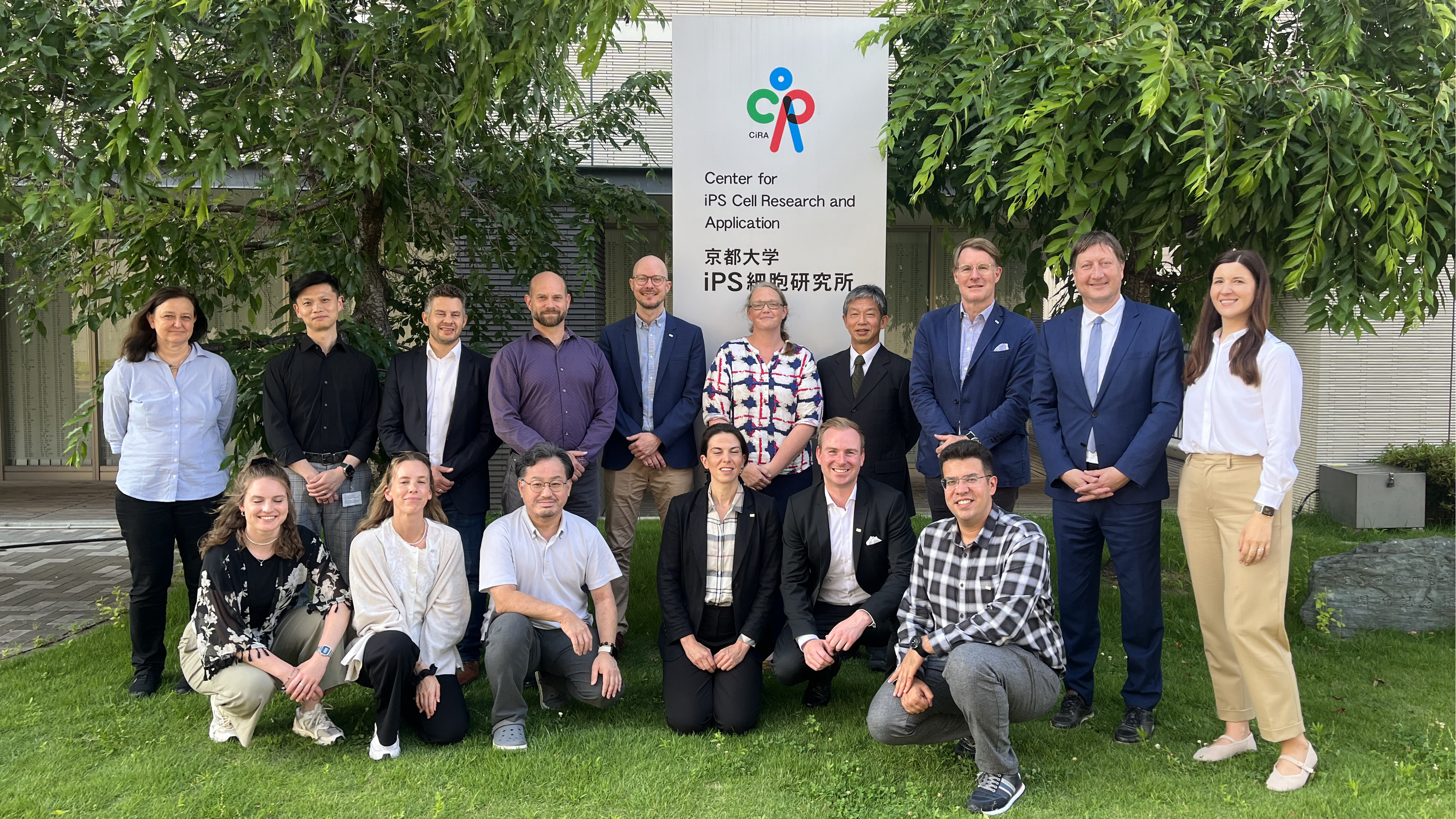
The Science Café, organized by Kyoto University’s CiRA in collaboration with UZH’s Institute for Regenerative Medicine (IREM), Wyss Zurich, and the CiRA Foundation, was a standout feature of the Swiss Pavilion – one of the most visited and popular national pavilions at this year’s Expo. Designed to foster dialogue beyond the scientific community, the event offered the public, researchers, and industry stakeholders a unique opportunity to engage directly with experts. Through presentations, panel discussions, and interactive sessions, participants explored how cutting-edge technologies, including iPS cells, genome editing, organoids, and gene therapy, could address today’s pressing medical challenges. What set the event apart was its accessible approach: using analogies, visuals, and hands-on tools, researchers translated complex scientific concepts into tangible and relatable experiences.
For UZH, the event underscored its strength in translational research and its commitment to moving promising therapies from the laboratory to clinical practice. “We’re not just doing science for labs and journals,” said Dr. Melanie Generali, Head of the iPS Core Facility at UZH’s Institute of Regenerative Medicine (IREM) and one of the event’s organizers. “We want to bring it to the people – to show that stem cell research is about their future, their health.” She and her colleagues presented their work using analogies and visual storytelling – for example, likening 3D bioprinting to stacking tissue like vegetables on a grill skewer. “Our goal wasn’t to show the latest molecular markers,” Generali explained. “It was to give people a clear picture of what regenerative medicine can do – and what it can’t do yet.”
Nobel laureate Shinya Yamanaka, CiRA Director Emeritus and Professor, delivered a video address highlighting the importance of global collaboration in advancing regenerative medicine and inspiring young scientists to innovate. Recognized for his 2006 breakthrough reprogramming adult cells into iPS cells – a discovery that revolutionized medicine – Professor Yamanaka shared CiRA’s commitment to making cutting-edge science accessible worldwide.
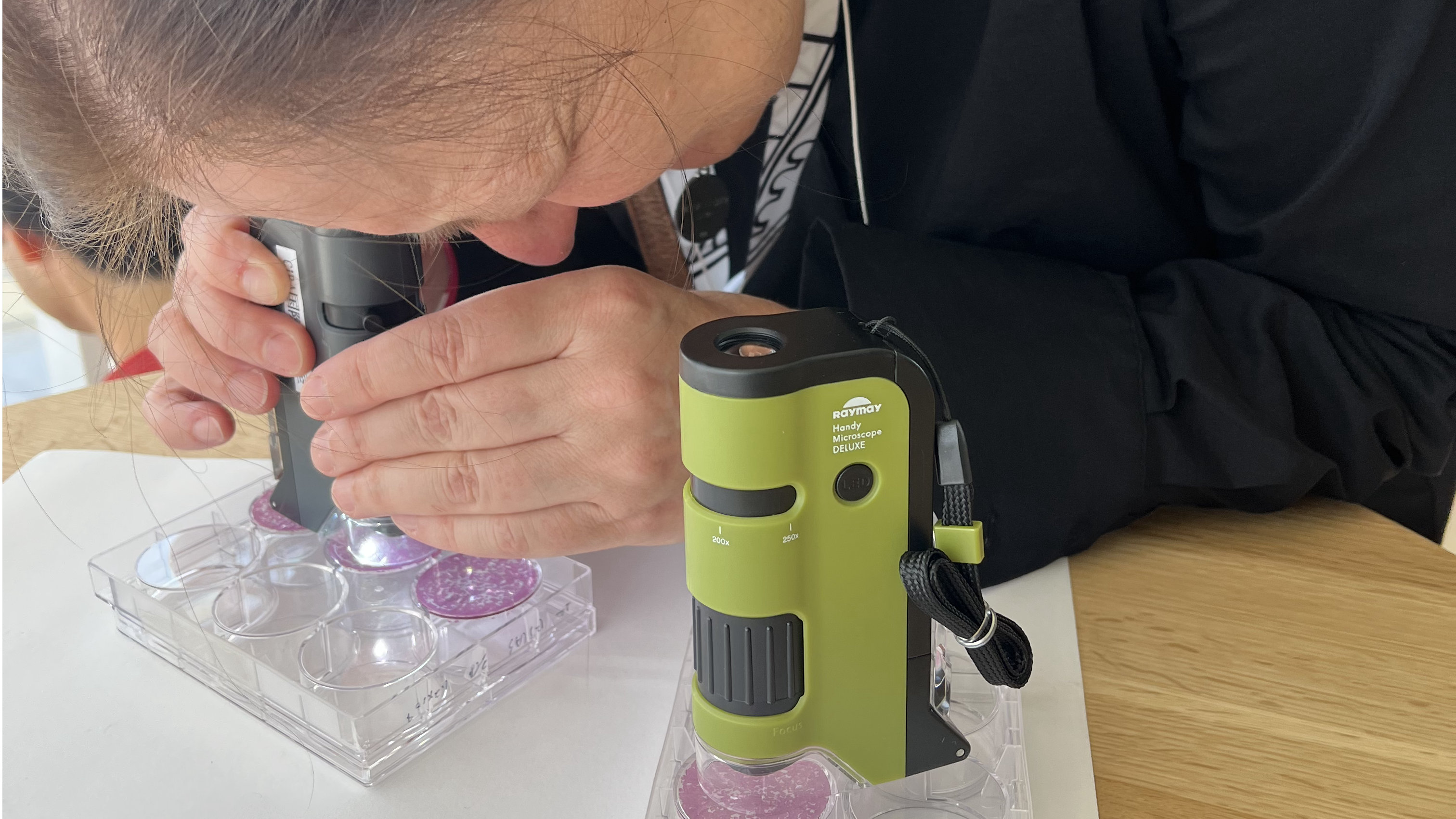
A program bridging science and society
The Science Café featured sessions on immunology, cardiology, neurology, hematology, genome editing, organoids, gene therapy, and startup innovation. Researchers from UZH’s IREM, Wyss Zurich, CiRA, and the CiRA Foundation shared insights into new therapies under development and the collaborative efforts needed to bring them to patients.
The events also reflected a growing awareness – amplified by the pandemic – of how crucial it is for science to earn public trust. By translating complex research into understandable stories, the Science Café offered a model for science communication that is both inclusive and inspiring.
Special emphasis was placed on early-career researchers. Presentations by Dr. Arian Ehterami (IREM), Nora Rentsch (IREM), and Suji Lee (CiRA) showcased the contributions of emerging talent. A session on startups in Japan illustrated how academic spin-offs and industry partnerships help translate scientific discoveries into real-world therapies.
A strategic partnership with global impact
The event also reflects the deepening ties between UZH and Kyoto University. In 2020, the longstanding collaboration between the two institutions was formalized into a strategic partnership. This alliance builds on years of joint research in fields such as stem cell medicine, plant science, and anthropology, and has already yielded high-impact publications and joint symposia in 2013, 2016, and 2023.
By leveraging complementary strengths, the strategic partnership enhances the visibility and impact of collaborative research. Events like the Science Café show how this partnership fosters innovation and strengthens academic exchange between Switzerland and Japan.
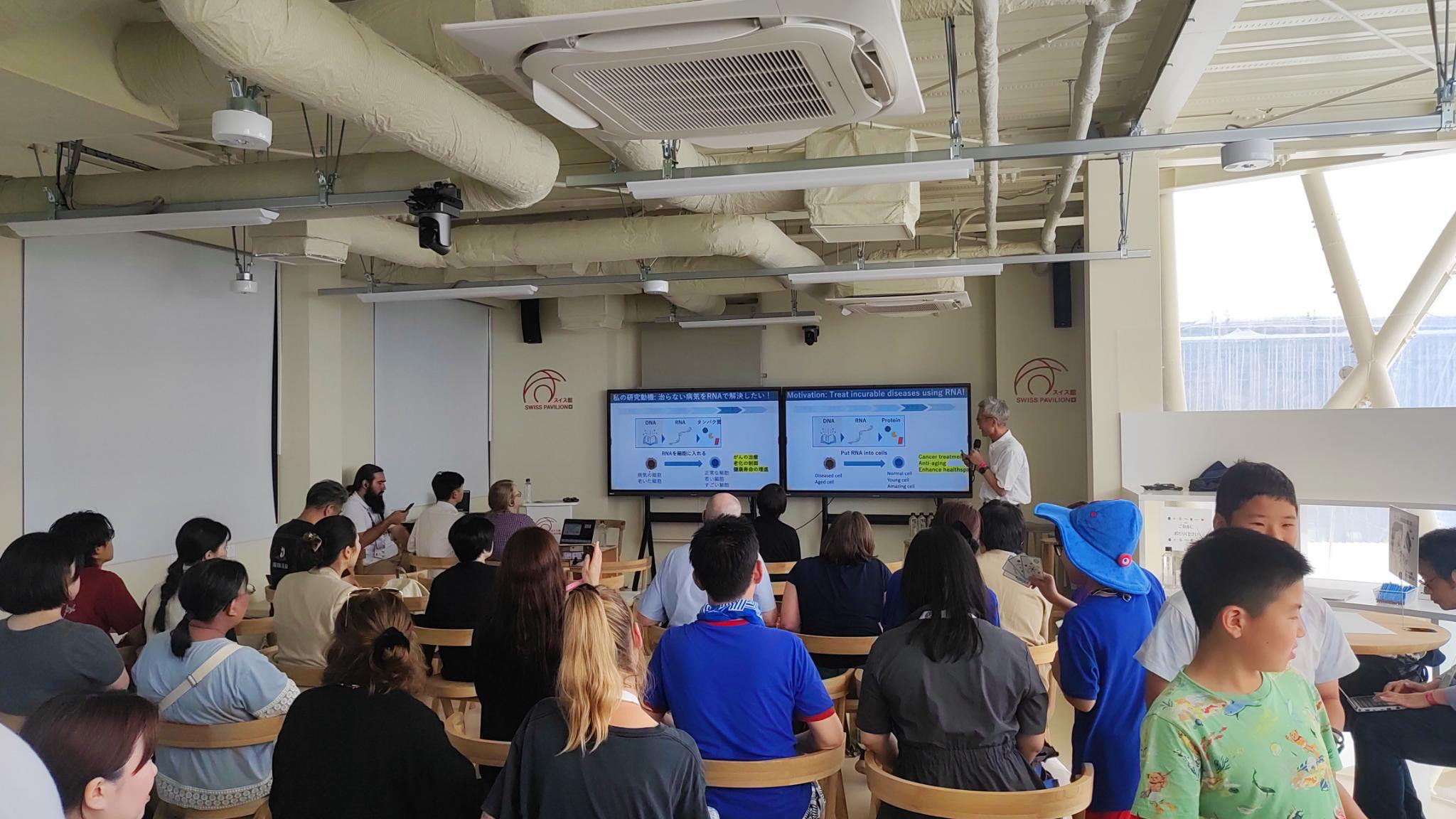
Expo 2025 as a catalyst for international exchange
Expo 2025 has proven to be more than just a stage for showcasing research – it is a platform for building trust, sparking curiosity, and connecting science with society. For UZH, the Science Café marks a key milestone in its engagement with Expo 2025 and its broader mission to foster global dialogue in science and innovation. Through its contributions to the Swiss Pavilion, UZH continues to highlight how next-generation medicine and regenerative technologies can help address pressing health challenges worldwide.
By participating in this initiative, UZH reaffirms its commitment to translating scientific knowledge into solutions for society – through cutting-edge research, meaningful partnerships, and dialogue that bridges borders and disciplines.
Read more about the Science Café and UZH’s engagement at Expo 2025 Osakahere.
Thurka Sinnathurai
